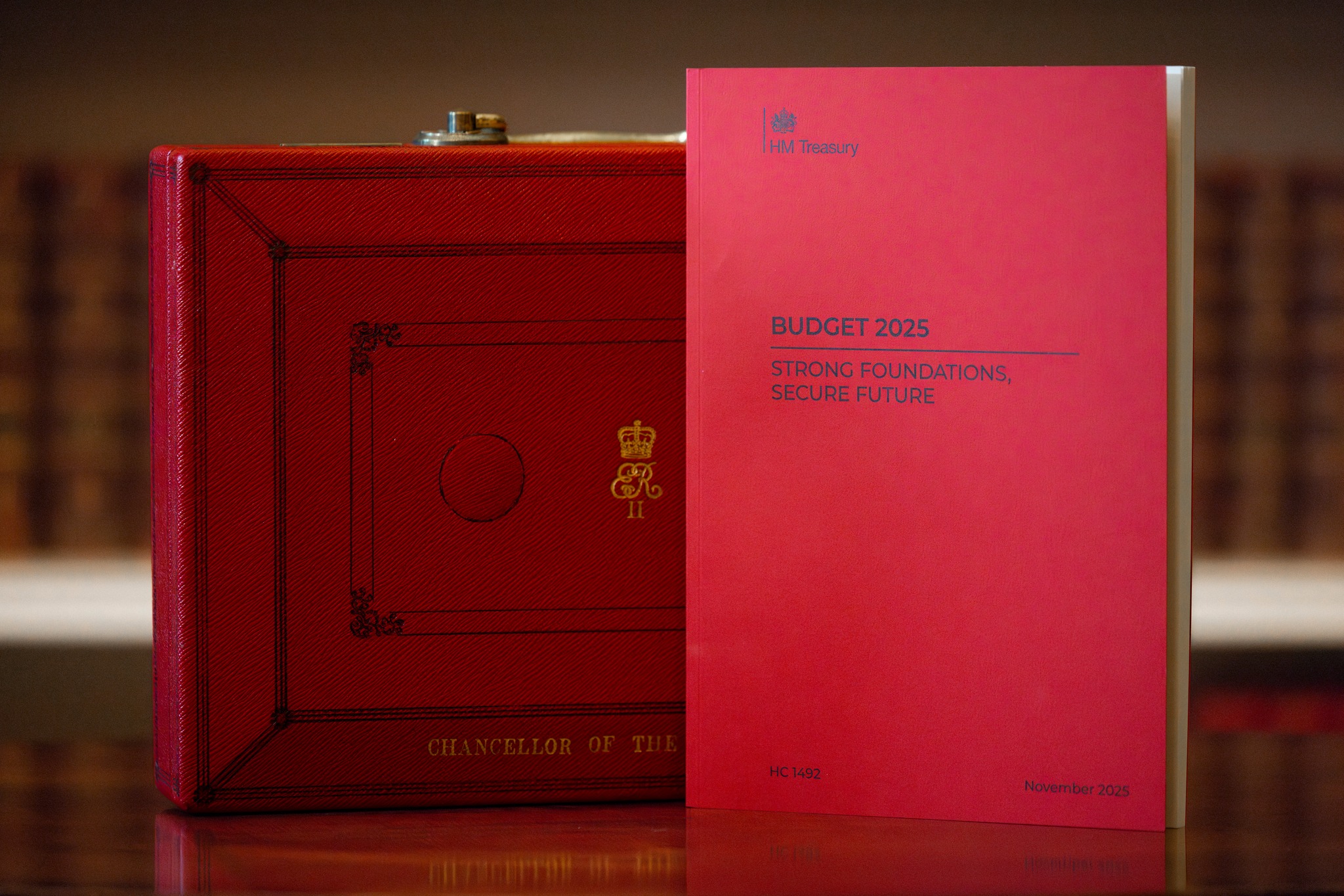Inevitably, the British housing market is inexorably linked to how Brexit affects the UK, house prices and the entire economy throughout the rest of 2019. The uncertainty caused by the disruption has spooked buyers and sellers, who want to wait until it is clear what is happening in the market, to ensure they don’t lose a massive amount of money.
House prices continue to fall
The Bank of England’s governor, Mark Carney, told the BBC that house prices could fall by as much as 35% in a worst-case scenario. However, the fluctuation of prices has already begun, as both ends of the market are highlighting.Ken Griffin, the founder of Citadel, a US hedge fund, bought a house near Buckingham Palace for £30 million less than the asking price. While Stuart Howell and Andrew Hudson bought a newly built property in Hackney Wick with £35,000 knocked off the price.“We asked what could be done on the price,” said Stuart, “The estate agent immediately called the property developer and came back with a significantly reduced number, which we accepted.”This is a trend that has been replicated across the capital as prices have stopped increasing in the capital while the rest of the UK has only had 0.1% growth over the past year. Worryingly, the UK fiscal watchdog has downgraded its initial house price forecasts with a 0.3% reduction being predicted for the year ahead, having previously projected 3.2% growth.
What is the government doing to help build more homes?
The UK government is aware of the issues and has put measures in place to help alleviate the pressures on the market by guaranteeing up to £3 billion of borrowing by the Housing Association, to help build 30,000+ homes. Similarly, Philip Hammond, the chancellor, claims that £717 million would be taken from the existing £5.5 billion Housing Infrastructure Fund, to be allocated to “unlock” 37,000 new homes at sites including; Old Oak Common, the Oxford-Cambridge Arc and Cheshire.
Has the shared ownership scheme made a difference?
The Government also introduced shared ownership and help to buy schemes in an effort to improve the affordability of housing. However, it seems that they have backfired as the only people to have benefitted are the shareholders of the big house building firms, who received £2.3 billion in dividends and affordable housing has remained out of reach.Greg Beales, the director of campaigns at the homelessness charity Shelter, said:“Disjointed schemes such as help to buy have only made things worse by inflating house prices and giving big developers a leg-up while doing almost nothing for those most in need of a genuinely affordable home.” However, the government has a target of getting 300,000 new homes built each year by the mid-2020’s and a spokesperson for the Ministry of Housing, Communities, and Local Government said:“This government is committed to helping more people get on the housing ladder as we power through to delivering 300,000 homes a year by the mid-2020s. Our help to buy equity loan scheme has helped more than 190,000 households buy their home, helping to make the dream of homeownership a reality for a new generation.”So just like Brexit, there are conflicting reports and it isn’t clear who to believe when it comes to the effectiveness of the schemes.
What happens next?
2019 will prove to be one of the most volatile in British history as far as the economy and politics go, and as confusing as things may seem now, it may prove to be nothing compared to the mess that spills out when the UK does leave the EU at some point.
FAQs

Can we help your business?
Book a free consultation with our expert R&D funding advisors today. We specialise in helping innovative businesses like yours unlock millions in government funding, specifically allocated to fuel your innovation. Let us help your business access the support it deserves.









.svg)


